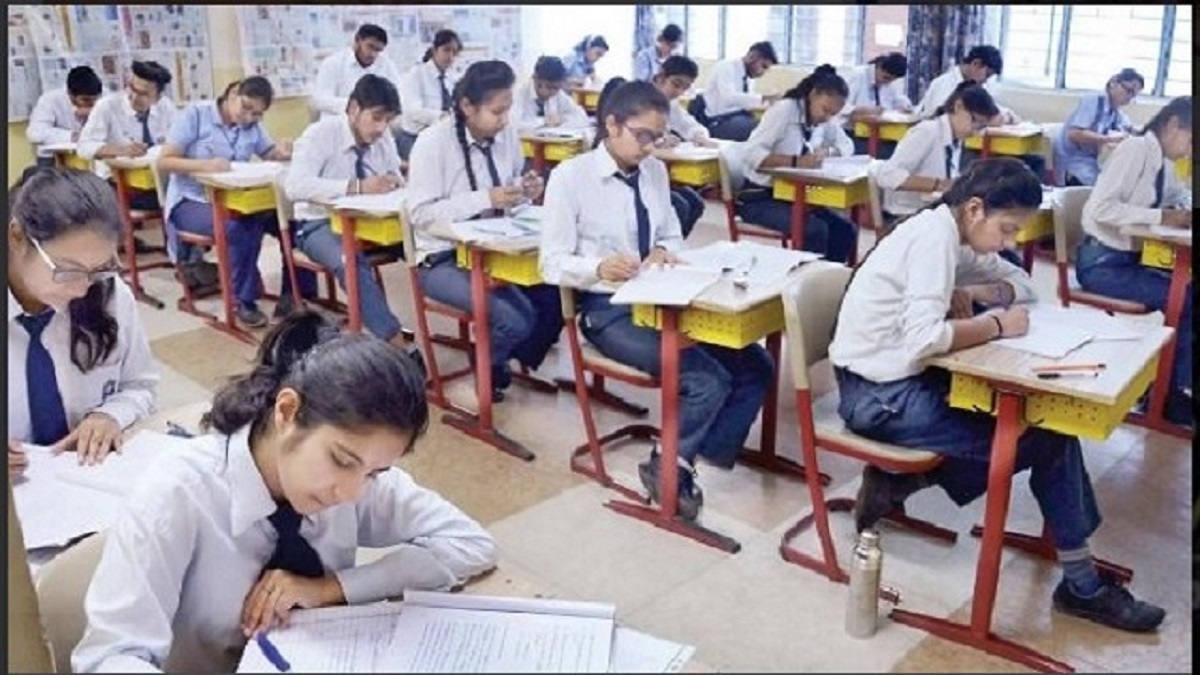CBSE's Biannual Board Exam Plan for 2026 Raises Concerns Among Students, Parents
CBSE is planning to conduct board examinations twice from 2026, which is causing concern related to logistical issues, stress levels, and coaching overlap.

Central Board of Secondary Education (CBSE) has announced to conduct board exams twice from 2026, which has caused mixed feelings among students, parents and school heads. This is being done to reduce exam stress and allow students to improve their marks, teachers are concerned about its impact on classroom learning.
What Does New System Propose?
National Curriculum Framework for School Education (NCF-SE) 2023 has recommended a flexible assessment policy that includes multiple board exam attempts. Starting 2026 academic session, Class 10 and 12 students will be allowed to appear in board exams twice a year, with their best score being retained. This policy is likely to reduce one exam pressure and offer students more than one opportunity to perform.
Reactions from Schools, Parents, and Students
Many of the teachers and educators are looking at this as astep toward more student centric assessments, there are some school heads and parents who are expressing apprehension.

“We understand the intent is student friendly, but this reform needs better planning. Managing two sets of board exams, practicals, and pre-boards will stretch both teachers and students,” said Principal of a CBSE school in Hyderabad.
“Unless the entire academic calendar is restructured, including syllabus pacing and vacation schedules, this change may overwhelm the system rather than improve learning outcomes,” added Sanchita who is a senior teacher from a private school in Gurugram.
Schools are also worried about alignment with competitive exams like JEE and NEET.
Important Features of CBSE 2026 Board Reform
Exam Attempts 2 per academic year (best score retained)
Applicable To Class 10 and 12 from 2026 onwards
Objective Reduce stress, improve flexibility
Concerns Raised Timetable clash, evaluation burden, prolonged stress
Read More:
Follow Shiksha.com for latest education news in detail on Exam Results, Dates, Admit Cards, & Schedules, Colleges & Universities news related to Admissions & Courses, Board exams, Scholarships, Careers, Education Events, New education policies & Regulations.
To get in touch with Shiksha news team, please write to us at news@shiksha.com

 Call 8585951111
Call 8585951111
Abhay Anand is an experienced education journalist with over 15 years in print and digital media. Currently serving as Manager- Editorial at Shiksha.com, he specializes in higher education policy, student mobility,
Read Full Bio